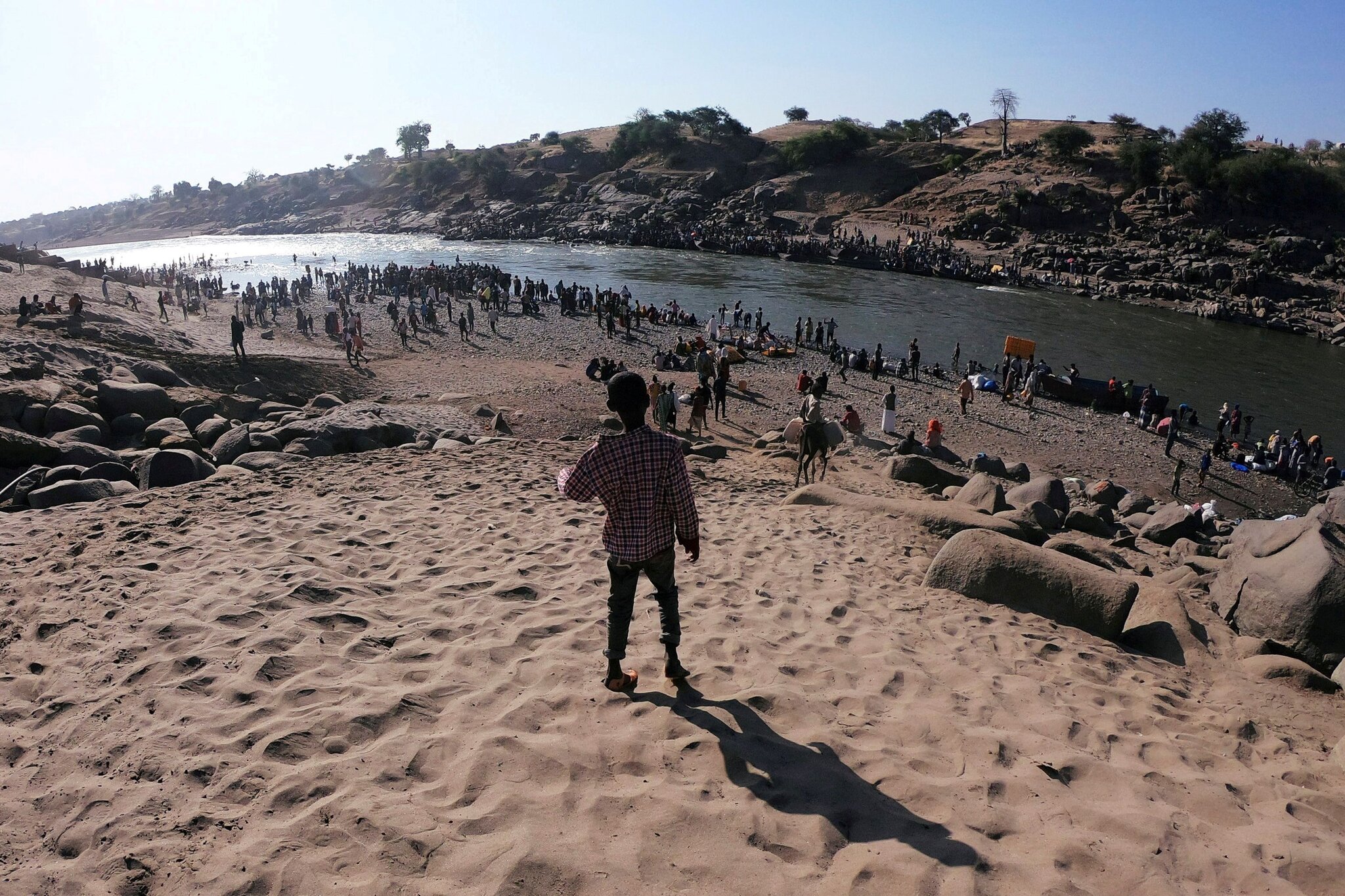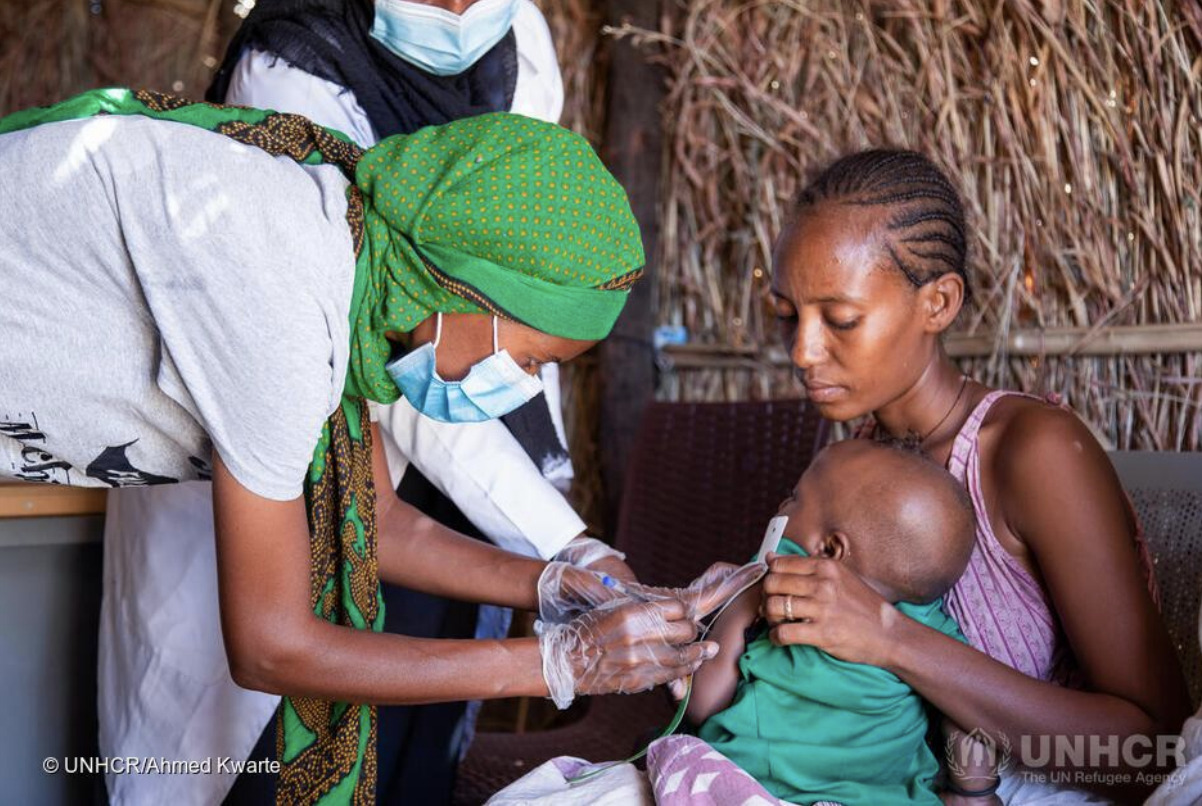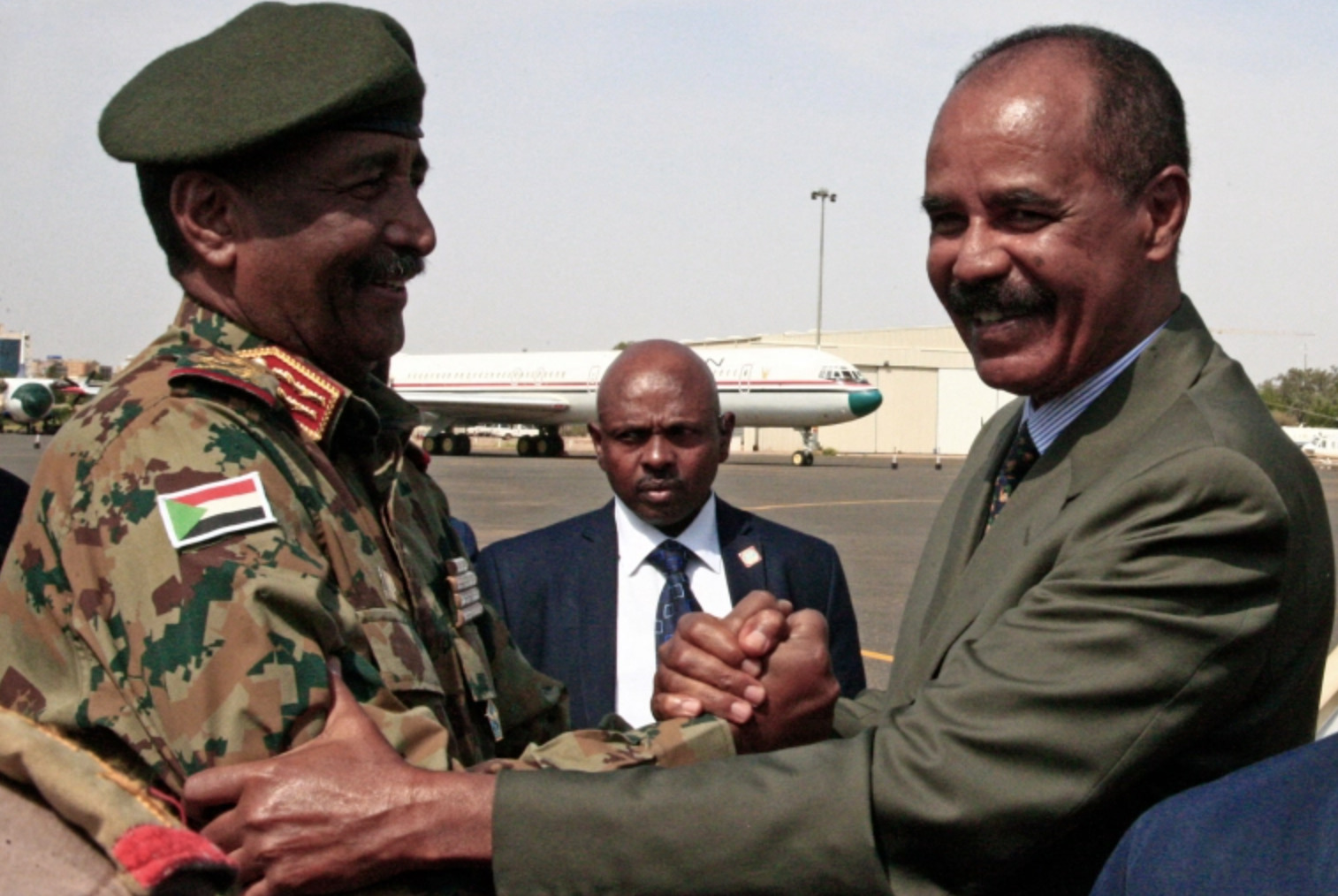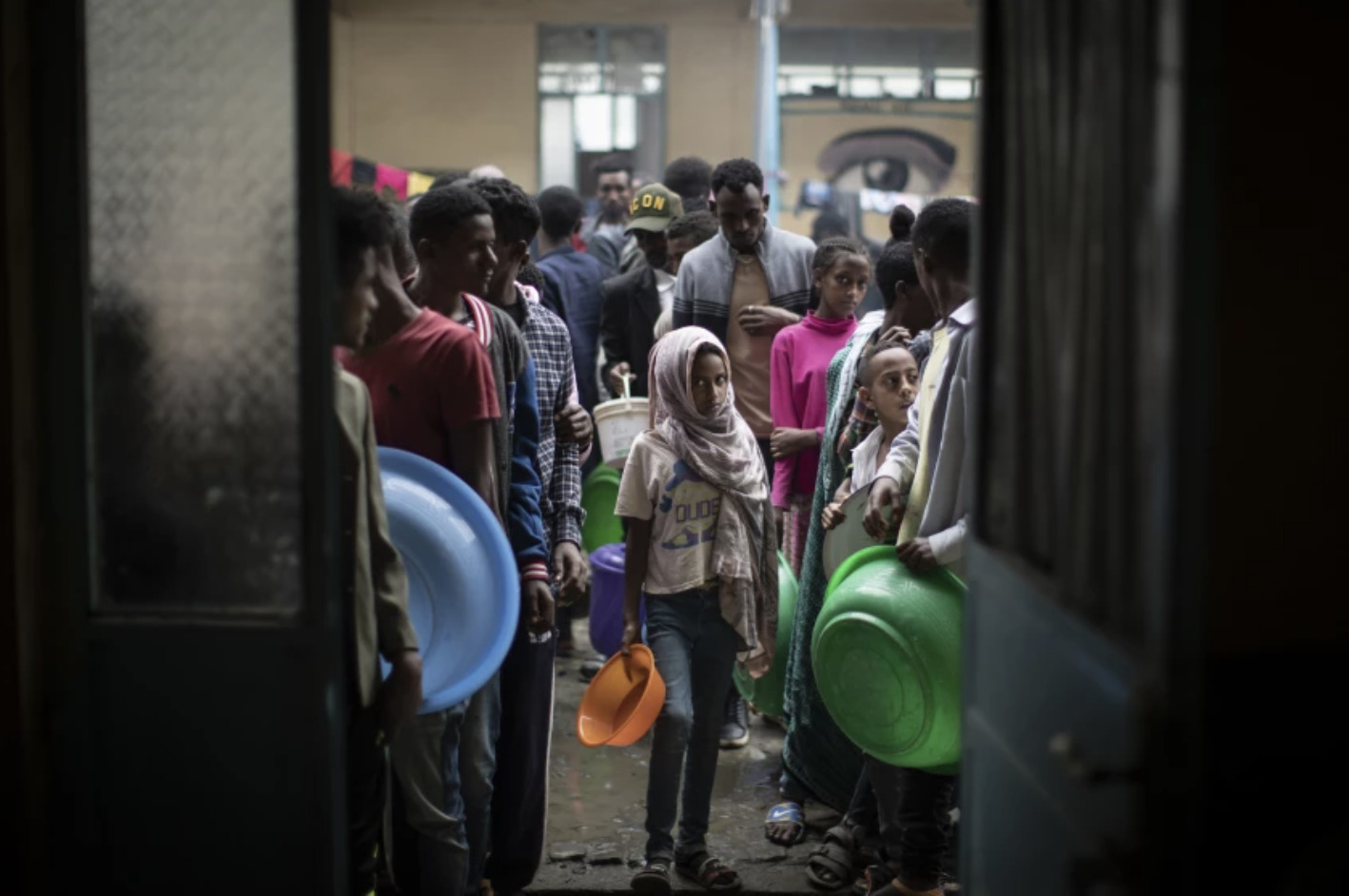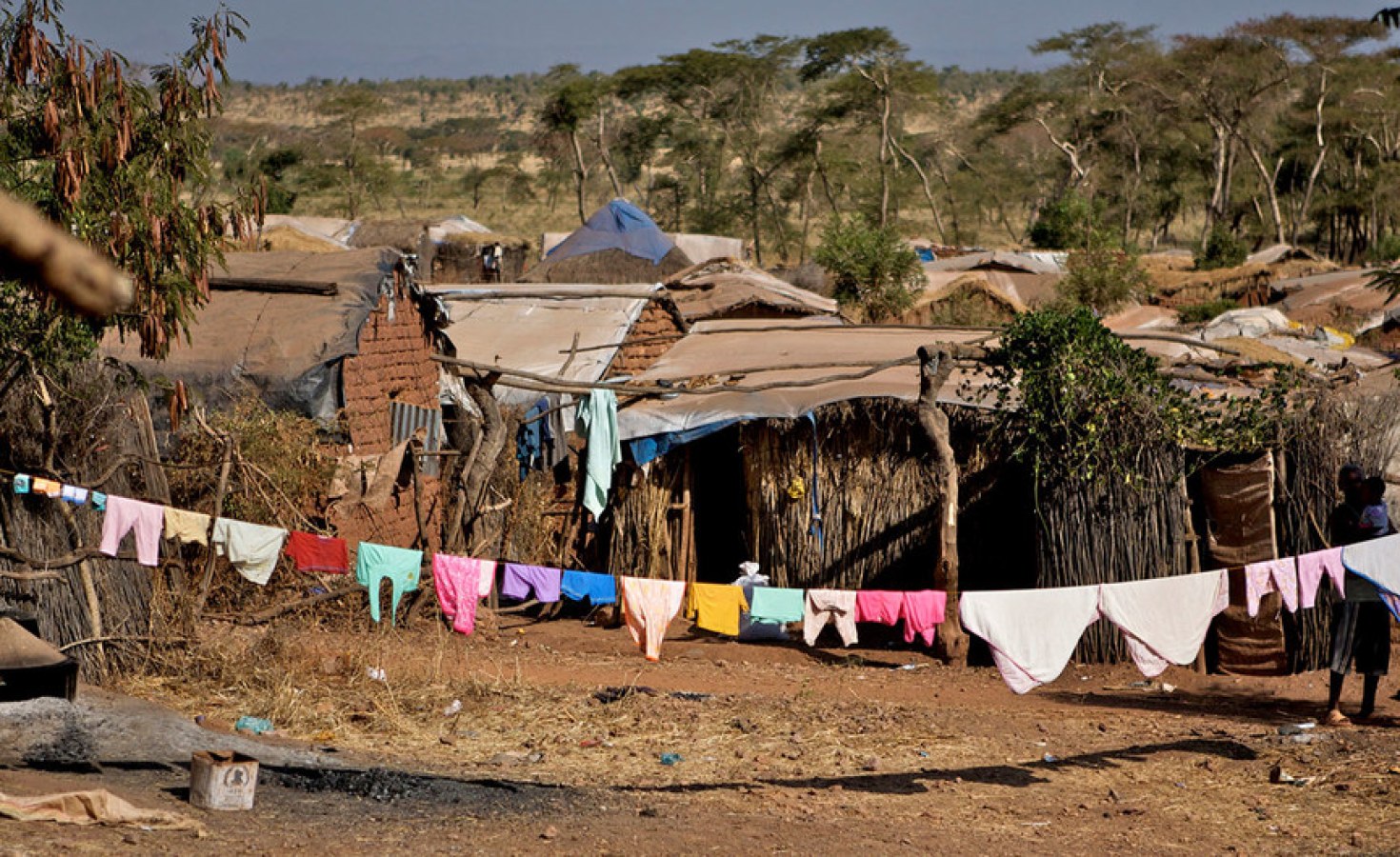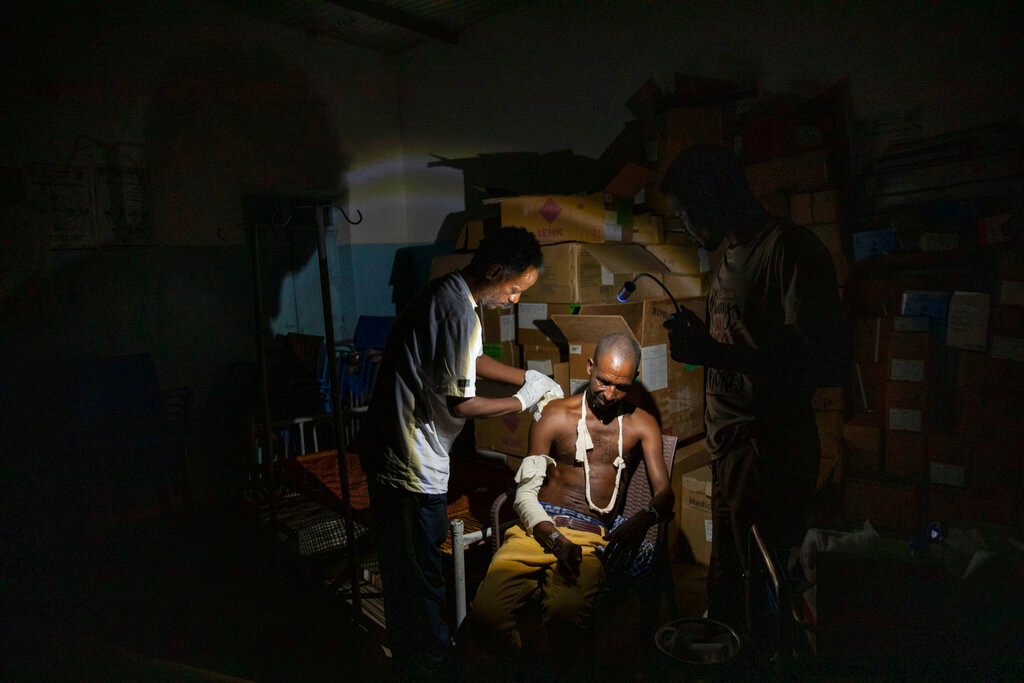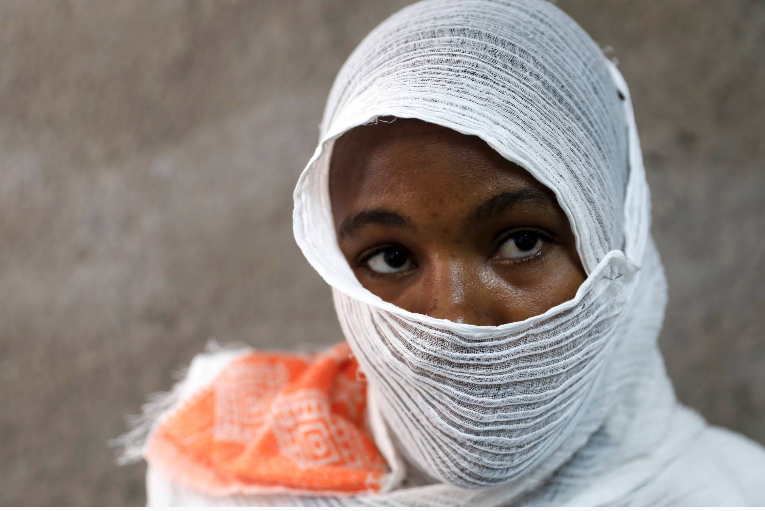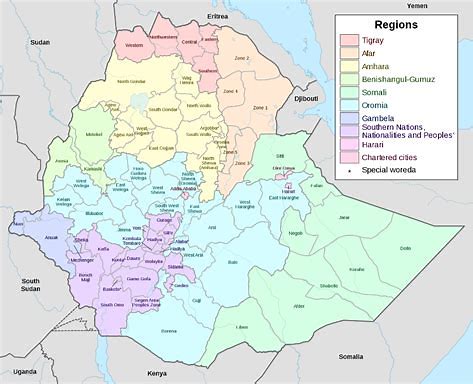The bodies floated over the border in ones and twos, bloated and bearing knife or gunshot wounds, carried on waters that flow from the Tigray region of northern Ethiopia.
At least 40 bodies have washed up on a riverbank in eastern Sudan in the past week, in some cases just a few hundred yards from the border with Ethiopia, according to international aid workers and doctors who helped retrieve the corpses.
The grisly finds at the river are apparent evidence of the latest atrocities in a brutal, nine-month civil war between Ethiopian federal forces and their allies, and fighters in the Tigray region of northern Ethiopia — a conflict accompanied by reports of massacres, ethnic cleansing and widespread sexual assault.
